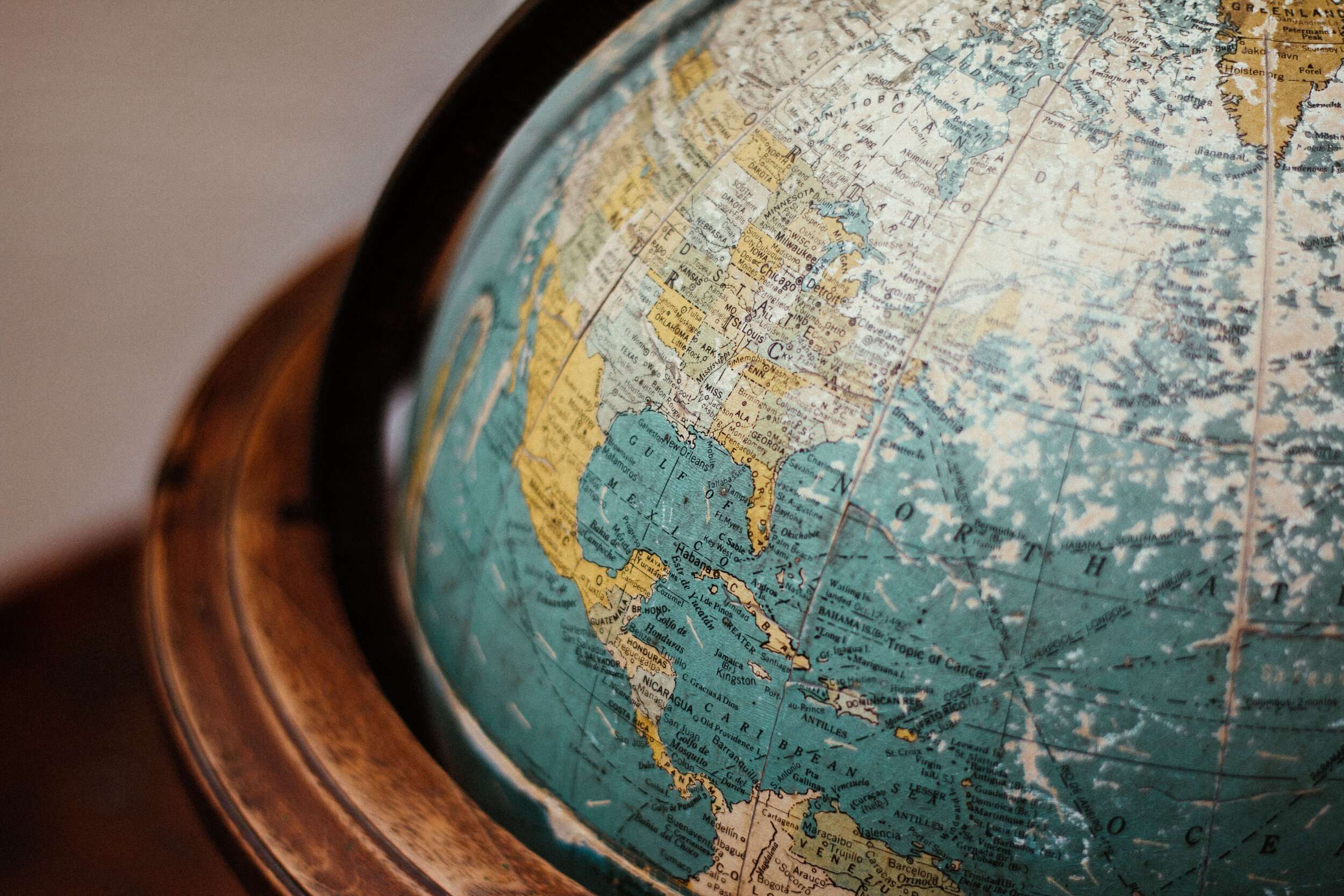Earlier this year I had the opportunity to read a book on the history of the African-American missionary movement for one of my seminary classes. I could choose any biography on a list of missionary biographies, and I was excited that there were a number of biographies of African-American missionaries on the list. I have long enjoyed learning of the joys and struggles of missionaries, especially given the comforts I experience as a Christian in the West. It builds my faith to read of saints who have gone before me, risking their lives for the cause of Christ. But my faith was built even more as I read the history of African-American missionaries from the time of the slave trade to the modern era. Devoting one’s life to missions often comes at a great cost. That cost was even higher for the African-American missionary.
The book I read is called Profiles of African-American Missionaries, and it chronicles the lives of African-American missionaries from the 1600s until modern day. It is divided into nine eras that either shaped Christianity (like the Great Awakening) or directly shaped African-Americans (slavery, colonial America, Civil War, Reconstruction, and Civil Rights). Each chapter is a profile of a specific missionary, showing that African-American Christians have been working for the advance of the gospel through many trials, setbacks, and successes.
Each missionary has a remarkable story to tell, so it is hard to pick just one missionary to profile (more reason to read the book!), but I have five takeaways on the African-American missionary movement as a whole that I think can help white Christians to understand the plight of our brothers and sisters of color, while also encouraging us to persevere for the sake of Christ with the same fervor as they did.
- The African-American experience of Christianity in the West has been largely shaped by racism and prejudice. The struggle for education, support, and opportunity in missions was real and potent. Many denominations actively worked to oppose the sending of African-American missionaries through blocking their visas, refusing them travel, and stifling opportunities. But the desire to see the nations come to Christ prevailed despite such opposition. I was struck by their resilience and commitment to the gospel even in the midst of such hatred towards them. It’s hard to read a book about the history of African-American missionaries and not see how racism is embedded in every facet of American history. From the time the first slave landed on our shores in 1619, the fundamental belief that African-Americans are inferior has led to so much injustice against our fellow brothers and sisters. There were no opportunities for theological training, except in more theologically liberal denominations. There were no opportunities to go overseas in later years (during Reconstruction and Civil Rights). The implications of systemic racism impact our Christian society today and it is important to know the history in order to understand the present.
- Sometimes in certain theological circles we cast judgment on the African-American church for what we perceive to be a lack of solid theology. This is not universally true among white Christians, but is sometimes more true than we would like to admit. However, what we fail to do is repent of the fact that for many, many years before us, African-Americans were given no opportunity to study theology in the very churches and seminaries that we hold dear. Despite that deliberate exclusion, an act of terrible theology, African American missionaries demonstrated how well they understood the Bible. A choice to minister in the name of Jesus meant a life of opposition and struggle, and our society at the time provided no pathways for them to gain training. That they did it in spite of the opposition is a miracle and a testimony to both their spirit and sound theology.
- To go along with that point, I was convicted that one of the primary ways I can work towards progress and reconciliation is by creating opportunities for people of color to use their gifts to serve Christ. For too long they have faced active opposition either by overt racism, or unconscious bias. Taking active steps to include them in ministry works towards combating that bias. As a person of privilege, I want to use my privilege to create opportunities for my fellow Christians, rather than use my privilege only for myself.
- Much of the division among Christians today exists because it was consciously placed there years ago. We are living in a world shaped by the sins of our fathers and mothers. We need to understand the history in order to understand the present. The divisions in the church today are largely owing to the conscious decision to make divisions in the church hundreds of years ago and perpetuated by subsequent generations. I pray that telling their stories leads to repentance and fruits of repentance. But I also want to tell their stories in celebration of resilience. African American missionaries found other ways to go overseas, even when white Americans made it nearly impossible. They went without support. They went without resources or training. They even went to Africa because of racist ideology post-Civil War (as a way to rid the nation of freed slaves). In all of this, God used African-American missionaries to accomplish many good things for the spread of his glory among the nations, even in spite of harsh conditions and cultures.
- This book really exposed me to the active injustice committed against African-Americans. I don’t want to forget that the history is real and the people who experienced the opposition towards ministry are my brothers and sisters in Christ. In our conversations on justice and racism we can frame the conversation as one of “us versus them”. The Christians are the ones who are on one side, while the world speaks of injustice on the other side. But what we can’t ignore in this history of missions is that the people who were actively kept from the mission field were believers in the Lord Jesus Christ. They were not enemies. They were brothers and sisters, saved by the same Savior. This should lead us to weep, but it should also lead us to resolve to listen, learn, and elevate our fellow Christians in the work of the ministry.
There is a lot to learn from the saints who have gone before us. Those who have given their lives for gospel abroad are worthy of our emulation and our respect. Our history in this country is not perfect, but even in the midst of the sinful treatment of African-American Christians, there is hope. Like our Savior, these Christians despised the shame of this world for the joy that was set before them (Hebrews 12:1-2). We can learn for them, even as we weep for all they had to endure to serve Christ. And we can pray that the sins of our past will not be the sins of our present, or our future.
Prayer Requests:
- Pray that God would give you a desire to learn from lesser-known missionaries, especially missionaries of color.
- Pray that the missionary movement would be one that makes room for all of God’s children, regardless of ethnicity.
- Pray that the heart that spurred these missionaries on to serve would be our heart as we continue to ask God to spread his glory all throughout the world.












